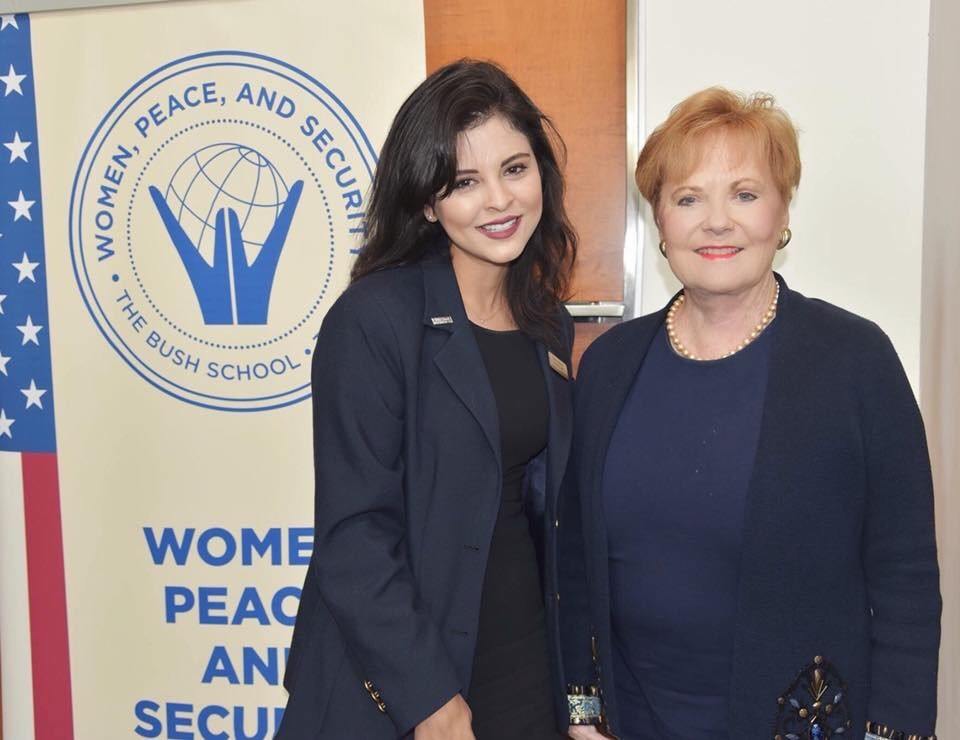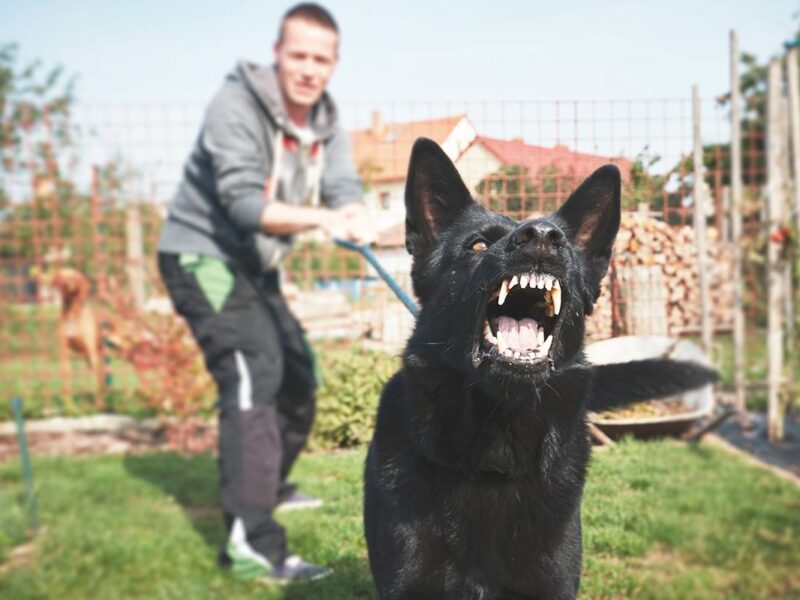
It was a day packed full of insightful talks and engaged discussions as leading practitioners and researchers came together Nov. 20 at the Women, Peace, and Security Symposium at the Bush School of Government and Public Service at Texas A&M University.
Multiple panels were held on a range of issues, featuring women with backgrounds in work at the governmental, nongovernmental, and academic levels. These panels discussed women’s issues in Texas, the United States, and internationally, including one panel focused on women peace builders in Afghanistan featuring Nilofar Ibrahimi, a member of the Afghan Parliament. Another panel highlighted new research on women, peace, and security and featured panelist and Bush School professor Dr. Valerie Hudson.
The symposium included two keynote speakers: Congresswoman Kay Granger and former Ambassador-at-Large for Global Women’s Issues at the US State Department Catherine Russell. Granger talked about her time serving as the chairwoman of the State and Foreign Operations Subcommittee, where she worked with women in Iraq. She shared a powerful anecdote from her time spent in the country.
In this position, President George Bush asked her to work with women in Iraq who would be running for office in the new Iraqi government after Saddam Hussein was toppled. Granger described the challenges of working in this difficult environment.
“They were unprepared to run for office,” she said. “And we were unprepared to help.”
Granger and her team held meetings with local women aimed at preparing them to run for office, but not all the Iraqi women were comfortable with this. Saddam Hussein’s severe restrictions on women had created a deep-seated fear among many women that it was not safe for women in Iraq to attend these meetings—and in a lot of cases, it was not.
One ardent Iraqi woman became very angry at a meeting, pushing back out of fear that interacting with Americans would be problematic. Many, though, were open to the Americans. They were curious about what it was like to live in a world where you have the freedom to choose to run. “They were hopeful but tentative,” Granger said.
“The women at these meetings risked their lives to be there,” she said. One elderly woman in particular attended each meeting. Under the cover of her burka, Granger could see her shimmering eyes. The woman never spoke but took careful notes, writing down everything.
After the meetings, this woman returned to her home village and awaited elections. But because of her position in society, she was denied the right to vote. However, she was determined. On Election Day she, alongside other women from her village, walked five hours to the polling station to cast her vote.
Later, this woman sent Granger a picture of the women’s thumbs, dipped in purple dye, signifying they had cast their vote. These stories of women’s resiliency provide hope to others around the world.
This theme of women’s resiliency resonated throughout the symposium. One panelist shared her research on women in the U.S. Armed Forces, while another panel discussed efforts within Texas to empower women.
“The world needs peace and security. Wars aren’t going to make that happen—but women might,” Congresswoman Kay Granger said during her keynote speech at the symposium.




